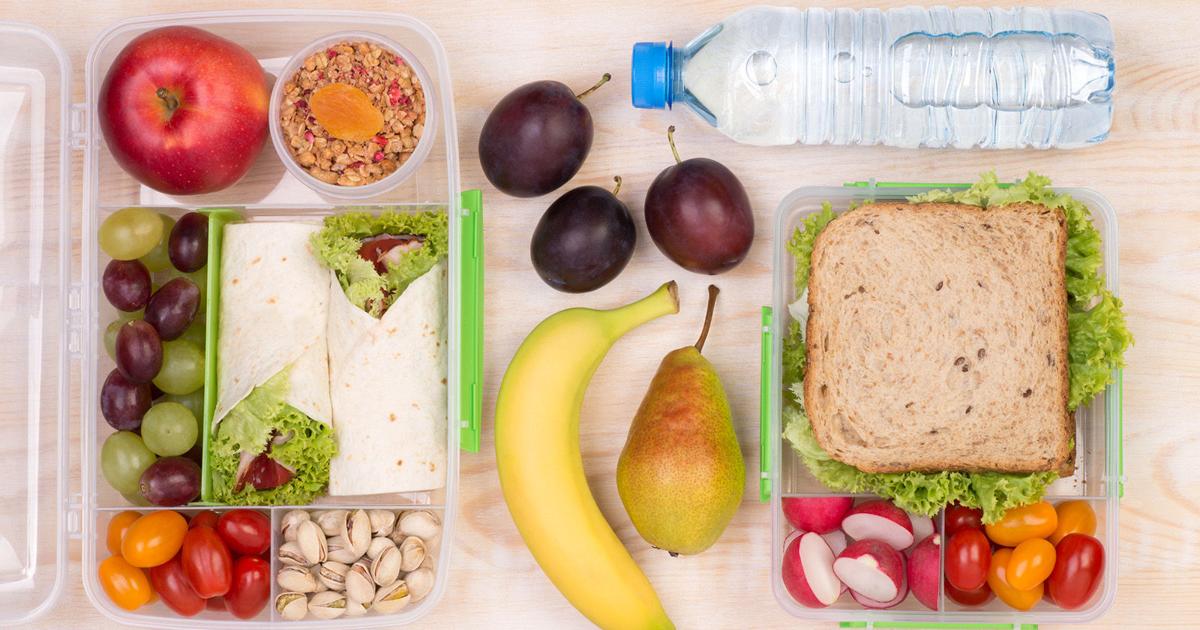
In the coming months, thousands of Louisiana women and children could be turned away from a federal program that has helped meet the nutrition needs of low-income people for decades.
The supplemental nutrition program, called WIC, is one of several programs at risk of steep budget cuts as Congress continues to disagree on a spending plan for the fiscal year that began Oct. 1, 2023.
The program seeks an additional $1 billion in 2024 to meet rising costs and participation. Without it, new applicants and those up for their three-month benefit renewal could be wait-listed for the first time since the 1990s.
“It’s appalling this is even in question right now. It hits close to home,” said Michele Jackson of Metairie, who has a 4-year-old daughter with special needs. “It’s important that children have access to these very basic nutritional needs.”
Born below birth weight and with a cleft palate, Jackson’s daughter has always struggled with eating. In the first two years of her life, she had reconstructive surgery, the first of several, but she continued to have chewing and jaw problems. Later she was diagnosed with autism, and her speech was delayed.
To supplement her nutrition, the family relied on four bottles of Pediasure daily — an expense of around $300 a month — on top of the cost of formula. Now it’s down to two bottles a day.
“I’m an average person,” Jackson said. “I don’t make a whole lot of money.”
Coupled with everyday expenses and childcare, Jackson said the added costs of feeding a special needs child would have been completely unaffordable.
Thankfully she was able to offset that with a WIC referral, which covers the cost of infant food and formula, as well as a range of healthy food items, resources and nutrition education.
Families qualify if they fall below 185% of the federal poverty line — or $50,000 a year for a family of three. They are automatically approved if they receive other forms of public assistance such as food stamps or Medicaid.
Over 91,000 people in Louisiana use the program. According to 2022 data from the U.S. Census, an estimated 34% of New Orleans children under the age of 6 live below the federal poverty line, which is double the national average of 17%. They also experience lower access to healthy food options than the state average, reports show.
“We simply cannot turn a blind eye to hungry children,” said Teresa Falgoust, director of data and research at New Orleans-based Agenda for Children. “If you’re worried about where your next meal is coming from, learning, playing, building new friendships — the very building blocks children need to live happy lives — all take a back seat,” she said.
According to the U.S. Department of Agriculture, which administers the program, WIC is a protective factor against food insecurity and low birth weight as participants typically receive pre-natal health care earlier.
Low birth weight, less than 5 lbs., affects Louisiana babies at higher proportions than any state except Mississippi and is linked to poor health outcomes later in life.
But rising food costs, a higher child participation rate and an increased fruit and vegetable package in the wake of the pandemic has led to higher WIC costs, according to a report by the Center on Budget Policy and Priorities.
This increased participation, USDA research shows, has been associated with a spike in economic hardship and unemployment since 2020.
Falgoust said program cuts would go beyond waitlists and could include shortened clinic hours and more staff vacancies. It could also mean reduced outreach efforts, she said, which are critical as thousands of first-time parents each year may not be aware they are eligible for WIC.
In September, Congress extended the Farm Bill through September 2024, which funds important agriculture and food assistance programs like the Supplemental Nutrition Assistance Program (SNAP), but WIC was left out. Instead, WIC was funded through Jan. 19, and on Friday, Congress agreed to extend that until March.
If the budget fails to include the additional funding whenever it’s passed, about 2 million people, including 27,000 in Louisiana, could be waitlisted by September.
